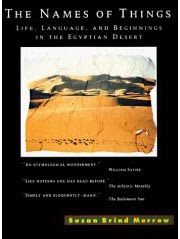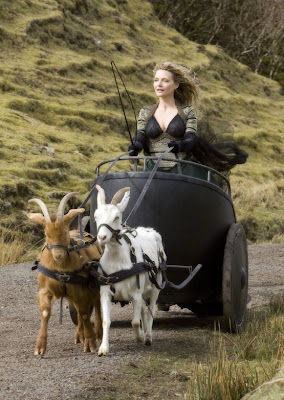The end of the year fast approaches. I am feeling the closing of the year more acutely these days. Perhaps it is a sign that I no longer feel that young – at least, not as immortal.
Christmas comes with the standard invitations to Christmas parties. I’ve been turning down invitations these past few years. The idea of drunken parties and stuffing your face full of sweets now seems unbearable. Instead, I had a few dinners with good friends.
I always wonder if it’s the right thing to do, being so selective about whom I spend time with. I’ve been accused of being “unapproachable”, “a lone-wolf”, “stuck-up”. Some of these criticisms are fair. I admit my social skills have always been rusty, but socialization – unless it’s with people I love – drains me.
I’ve been thinking about my lone-wolf character more frequently of late. As a yoga teacher shared with me recently, part of his own lone-wolf nature was because of his “insecurities of not daring to fully open up to other people and not taking ample time to explore other people better.” How true this feels to my own situation. I go to class, but really I am practicing by myself in a class full of people.
I need to spend more time getting to know other people, to reach out where it feels safer to withdraw. This is as much yoga as the asanas.
This Christmas I signed up for a 2-hour Ashtanga Workshop. This will make it my second Ashtanga class.
My first Ashtanga 1 class left me with muscle aches that lasted four days. It was humbling, but at least I left with the satisfaction that I followed the class to the best of my ability. And I stayed for the entire session. Sometimes, people leave halfway because the class proves too challenging. That has never seemed right to me.
I am of two minds about this issue of leaving class halfway. Some teachers can be rather stern with the students, perhaps because they feel it’s a lack of commitment to the practice. A teacher once shot back at a student, “Then why did you come?” when she wanted to leave a Hot Yoga class. While I understood the teacher’s point of view, I still believe the student should be allowed to leave. She might come back next time. When she is ready. Our practice is about choice afterall.



















